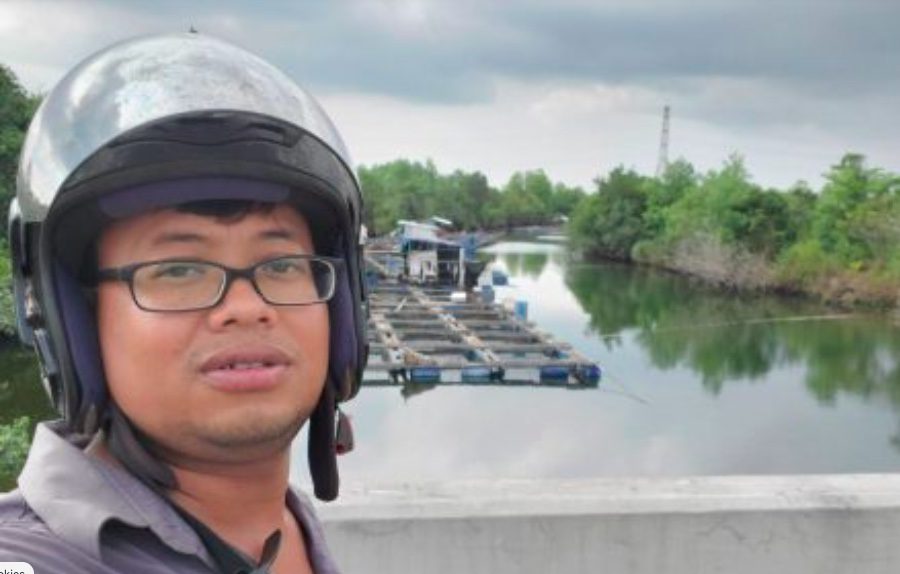
The Arrest of Mech Dara (Part I): Repression and Retaliation
Mech Dara, one of Cambodia’s last remaining independent journalists, was arrested yesterday outside the crime hub of Sihanoukville where so much of his reporting was focused in recent years. The arrest was conducted with a flamboyant show of force by a six-car barrage of military police and plainclothes officers at 3:57 p.m. by the Sre Ambel toll plaza. After nearly 24 hours in detention, his location was confirmed by Cambodian authorities as Kandal Provincial Prison, indicating a charge of incitement to commit a felony.
Mech Dara’s is an all-too-common story for actors operating within the region’s rapidly constricting civic space. Nonetheless, his arrest may be viewed as particularly tragic given the global public interest benefit of his acclaimed work. Moreover, it is a particularly telling one about the nature of the operative regime in Cambodia. This may still be “Hun Sen’s Cambodia” but it is his son Hun Manet’s government now, and it is high time for global governments to stop pretending this dynastic succession has facilitated anything other than a sustained spiral into total criminal autocracy.
Dara’s investigations in recent years have focused on state-affiliated transnational crime and related human rights abuses, generally, and how an industry of slavery-fueled cybercrime has overtaken his country, in particular. Conservative estimates by the U.N. Office on Drugs and Crime and the U.S. Institute of Peace have Cambodia’s scam industry bringing in over $12 billion per year, an amount equivalent to nearly half the country’s GDP. These figures are well established today, as are the evidenced linkages between the Cambodian ultra-elite and the criminal syndicates that operate these scam centers. But, back in 2021, none of this was understood and none of the attention this issue now justly enjoys was even remotely on the horizon.
Rather, it was a small band of local journalists and activists who gradually pieced together a massive story of state predation and extraction. None told that story more doggedly or at greater personal risk than Mech Dara, and within a short window of time, the accumulated evidence had become undeniable.
Over the last three-and-a-half years, as the issue has burst onto the global scene, Dara’s expertise has played a pivotal role, via his own bylines, his extensive freelance work with global media outlets, and the significant network he has developed with key sources at the community level. It is not an overstatement to suggest that anyone who today reaps vocational benefit from their “industry expertise” on Cambodian crime networks or trafficking patterns owes a significant debt to Mech Dara.
Resulting from the storm of exceptional reporting he helped generate, greater momentum has also built in the policy domain for concerted actions to constrain a now globally damaging Cambodian kleptocracy.
